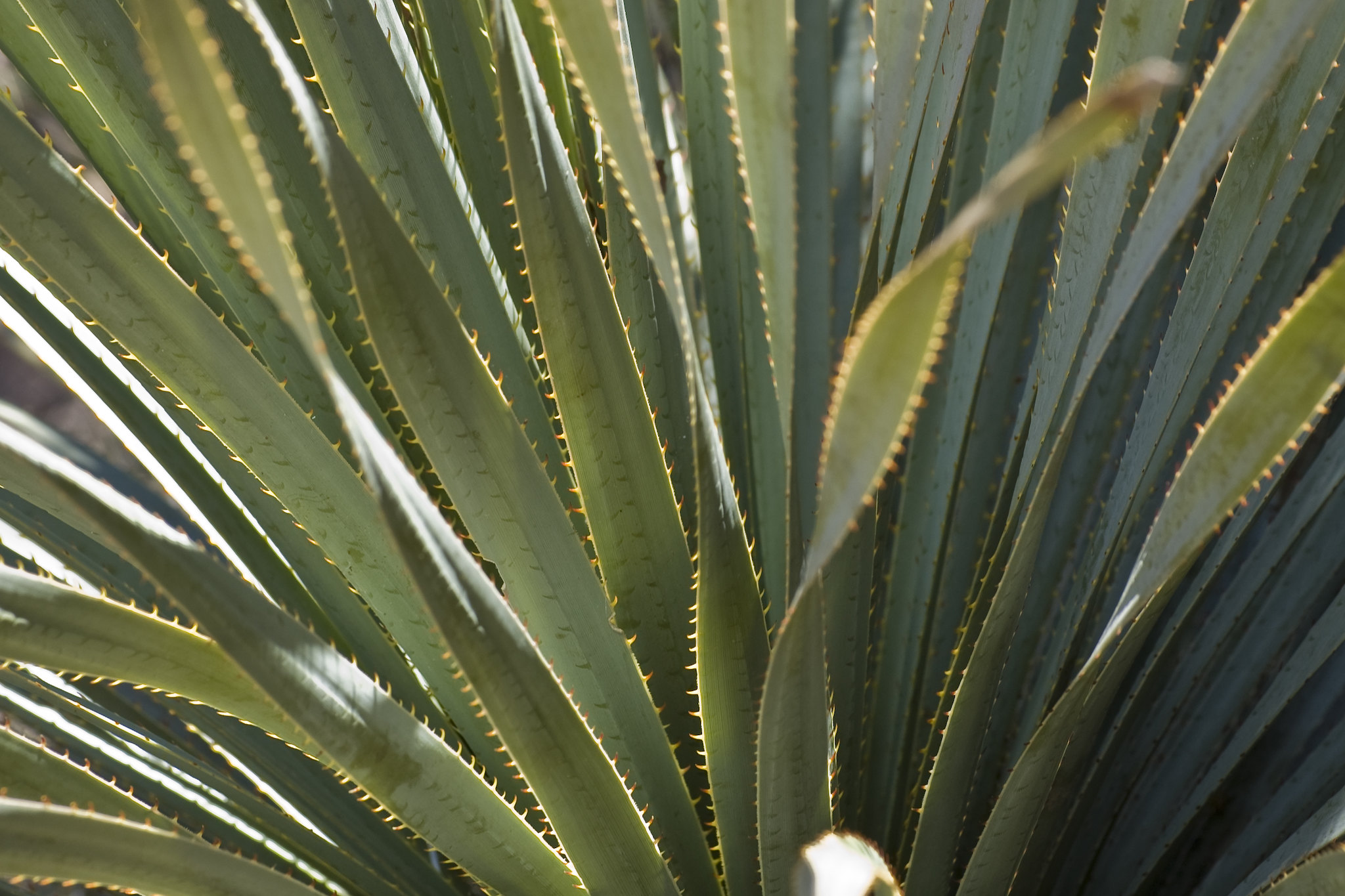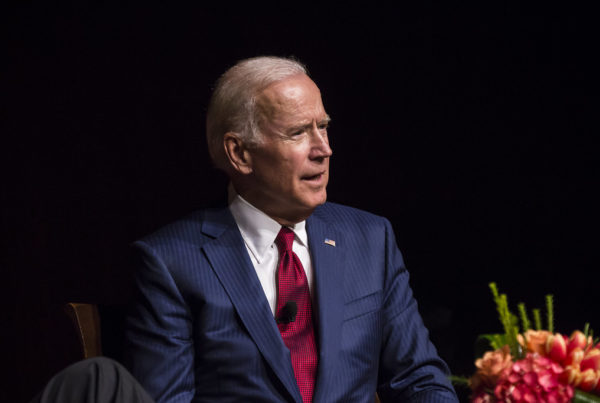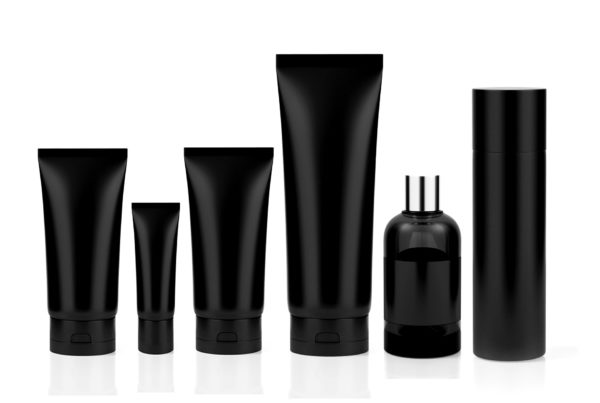It’s a kind of liquor many people haven’t heard of, and even fewer have tried. But in a sign of the times, Sen. John Cornyn advocated for Texans who make the earthy spirit “sotol” during a review of a complex trade deal this week, recommending that his colleagues try the stuff themselves.
Tom Benning, a reporter in the Washington bureau of The Dallas Morning News, has been trying, himself, to distill the newfound significance of sotol – politically, economically and culturally. He says the plant from which sotol is derived is a “second-cousin” to the agave plant that’s used to make tequila and mezcal.
Benning says sotol found its way into Senate discussion of the USMCA, President Donald Trump’s trade deal between the U.S., Mexico and Canada, because a “side letter” attached to the agreement calls for designating some products as “distinctly Mexican” or “distinctly American.”
“So Mexico said, ‘We’ll consider classifying American rye whiskey as ‘distinctly American,'” Benning says. “In return, the U.S. said, ‘We’ll consider doing that for three spirits from Mexico,’ one of them being sotol.”
Benning compares the classification to those that protect champagne and tequila – products that can only bear those names if they are produced in a particular region and using particular methods, spelled out in law.
If such an agreement applied to sotol, “U.S. producers – the small number and growing – would not be able to sell a product called sotol,” Benning says.
The plant used to make sotol grows in Mexico, New Mexico and West Texas.
In 2004, Mexico created a “denomination of origin” for sotol, Bennng says. It specifies the areas, all in Mexico, from which sotol can come. It’s not recognized by the U.S., so distillers like Desert Door, in Driftwood, Texas, near Austin, would no longer be allowed to call their product “sotol” if the U.S. agreed to recognize the Mexican designation.
Benning says sotol “accounts for a fraction of a percent” of agave spirits exported from Mexico to the U.S., when compared to tequila.
“Nevertheless, we’ve continued to see this boom in craft, artisanal spirits,” he says. “People are interested in trying out new things. And so there’s potentially a big industry here.”
Mexican producers want to protect both their cultural connection to sotol and their own economic opportunities, Benning says.
The trade deal and its side letter have become law, but Cornyn was able to get a Trump administration official to agree that the sotol issue would be subject to a review process. The two nations could engage in further negotiations that would result in a compromise acceptable to both parties, Benning says.
Written by Shelly Brisbin.














